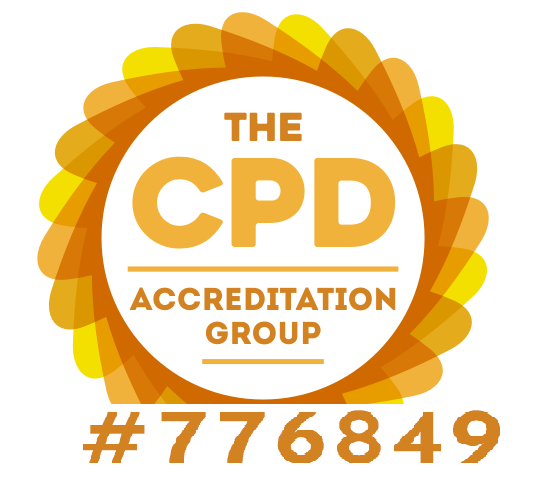
Showkat Hussain Tali
Adesh Institute of Medical Sciences & Research, India
Title: KAP (Knowledge, Attitude and Perception) study of breast feeding mothers of babies aged ≤ 6 months
Biography
Biography: Showkat Hussain Tali
Abstract
Although exclusive breast feeding is universally accepted as the best feeding for the babies during first six months of life, only 40% of women do breast feed their babies for some wrong perceptions and misconceptions. To the best of our knowledge, this is the first study in the Kashmir valley at secondary level of health care system that examines knowledge, attitude and perception of mothers regarding breast feeding in the first six months of age of their babies. We enrolled 100 mothers in our study. Majority of our subjects was mothers aged between 20 to 30 years (65%), from rural back ground (78%) and multipara (60%). Most of the mothers (84%) were literate, from joint families (76%), from middle socioeconomic back ground (64%). There was slight preponderance of male sex in babies (56%) and majority were of birth order 2 (42%) followed by birth order 1 (36%). Most of the pregnancies were planned (71%) and sex preference at the time of birth was male (60%). Mode of delivery was vaginal in 69% cases and 31% babies were born by lower segment cesarian section (LSCS). Breast feeding was practiced by 72% of mother followed by formula milk (20%). Eight percent (8%) of the mothers were giving animal milk to their babies. The main reason for not giving exclusive breast milk was the perception that the mother is not producing
enough milk [(75%)]. Majority of the mothers were giving formula or animal feeds through bottle (78.5%). Though weaning was not started until six months of age in majority of the babies but as many as 33% of mothers had started it before six months. Insufficient milk production was reported as the main reason for early weaning. Almost all the mothers (97%) were aware of
advantages of breast feeding and no one (0%) was thinking that it is harmful. As many as 90% of the mothers were thinking that formula feeding is harmful and 70% would believe that animal milk feeding is also harmful. When asked about the age of starting weaning, 90% of the mothers could give correct reply. Eighty percent (80%) of the mothers gave an answer that breast feeding needs to be continued for two years of age. Majority of the mothers is aware of the advantage of breast milk and time of weaning. But a significant proportion of women either does not breast feed their babies or start early weaning with
the perception that they are unable to produce enough milk. This seems a major area that needs to be addressed for successful exclusive breast feeding in the first six months of life in developing countries.

